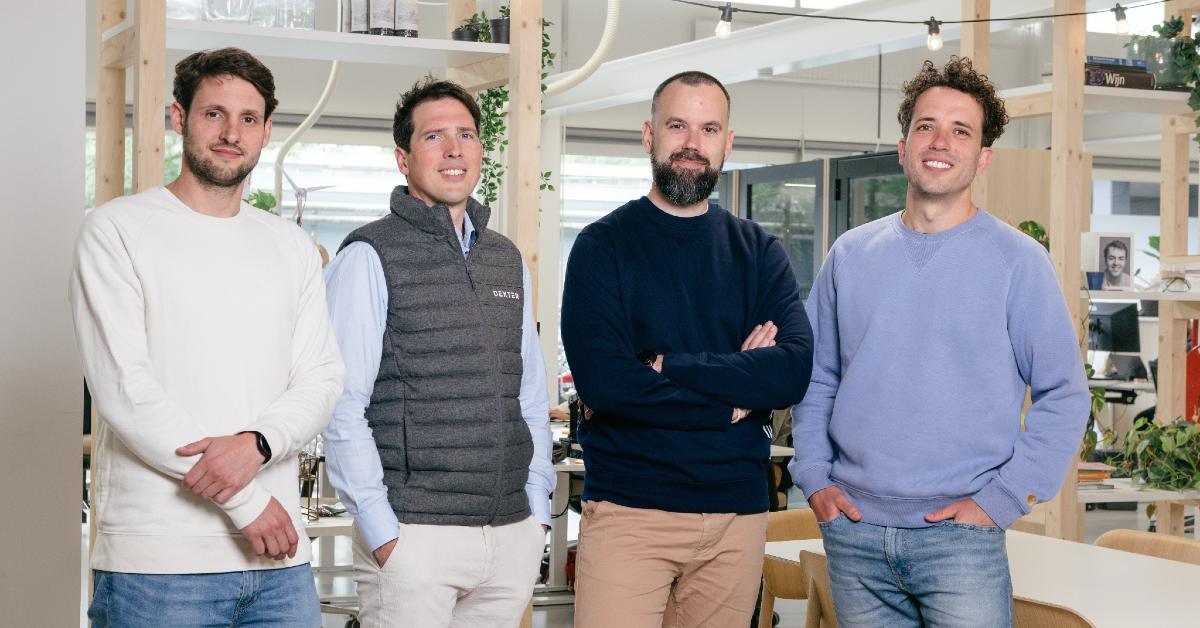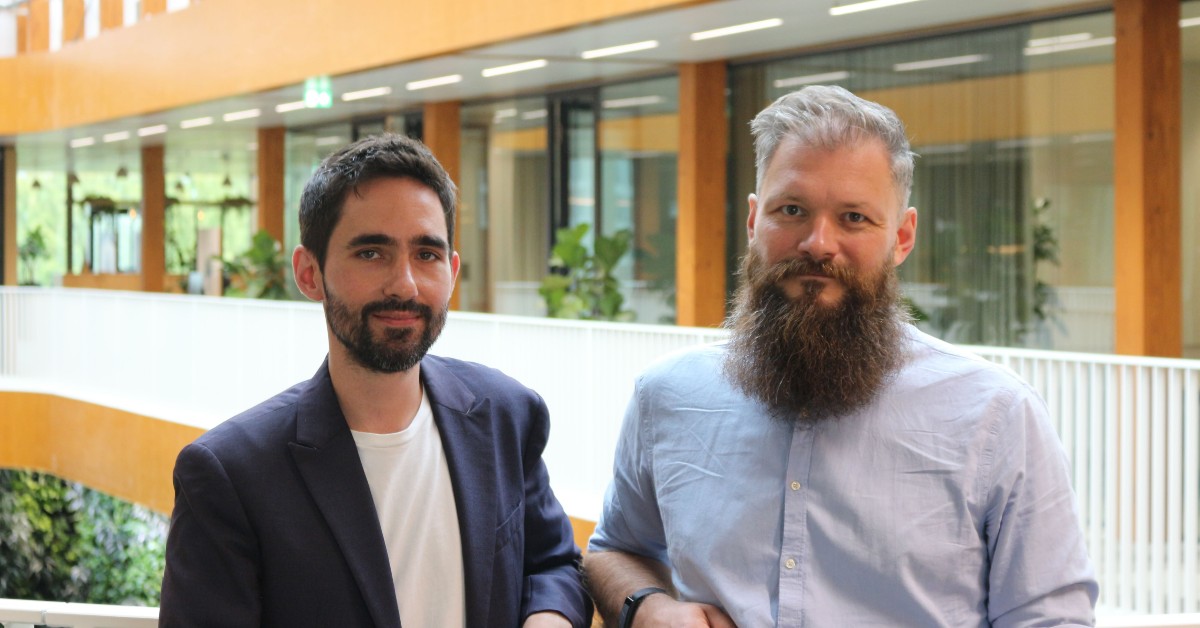Yesterday, October 20, 2020, was Information Overload Day, a workplace observance that calls attention to the problem of Information Overload and how it impacts both individuals and organisations. The Information Overload Research Group or IORG is the steward of Information Overload Day. It considers Information Overload as an excess of information that results in the loss of ability to make decisions, process information, and prioritise tasks. According to the group, the problem costs the U.S. economy a minimum of $988B (nearly €833.4B)per year in lowered productivity and throttled innovation.
The moment you search for a specific piece of information on the internet, you get drowned in a deluge of information. Weeding out the clutter to find exactly what you’re looking for can sometimes get really frustrating. Also, while dealing with web content, you seldom have to wade through tonnes of senseless information, until you find something meaningful and insightful. This is exactly where this British-Israeli startup called CRUX comes into play.
CRUX raised €1.1M
CRUX recently raised a £1M (approx €1.1M) in a seed investment round led by WENVEST Capital along with the participation of A-Round Capital and Founders Factory. The startup is planning to use the funding to further develop CRUX’s algorithm and engage with corporate design partners around new knowledge quantification use cases.
World’s first knowledge quantification technology
Founded by Roie Amir and Barak Ronen in 2018, CRUX claims to be the world’s first knowledge quantification technology, measuring how much users know about any topic based on what they read. The knowledge quantification process helps users in the time of information overload and allows them to focus on meaningful knowledge build up around any topic. CRUX is based in London and Tel Aviv and is a participant in the Founders Factory accelerator programme.
Knowledge quantification platform
Based out of London and Tel Aviv, CRUX uses Natural Language Processing (NLP) and proprietary algorithms to calculate users’ knowledge score, measuring the share of available relevant information the user has covered. The individual content items are ranked and scored based on their relative importance within a topic and the volume of new insights they offer the user.
“Live deployments over the last two years have shown users dramatically increase their engagement and their knowledge when exposed to CRUX technology,” claims the company.
CRUX’s solution is available as a widget and API, enabling companies and publishers to optimise engagement, learning, and research.
Main image credits: Everett Collection/Shutterstock










01
From telecom veteran to Dutch Startup Visa success: The Jignesh Dave story